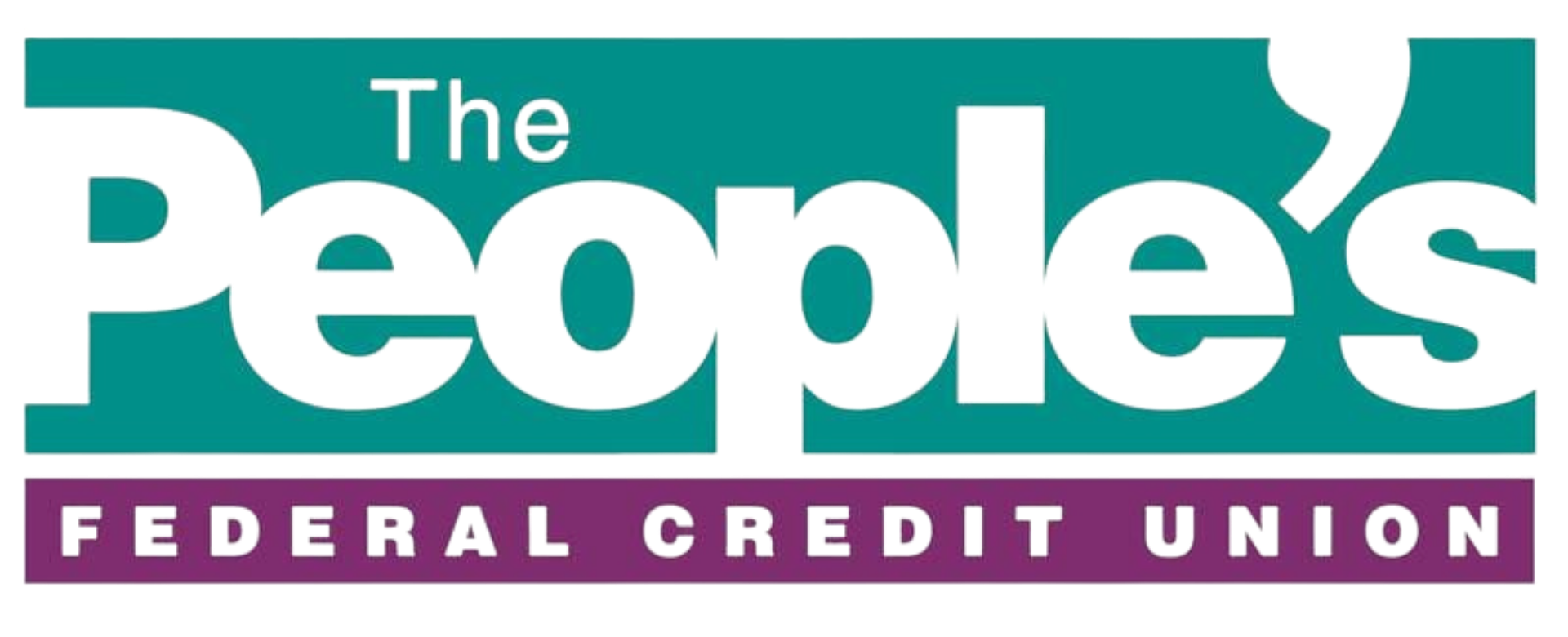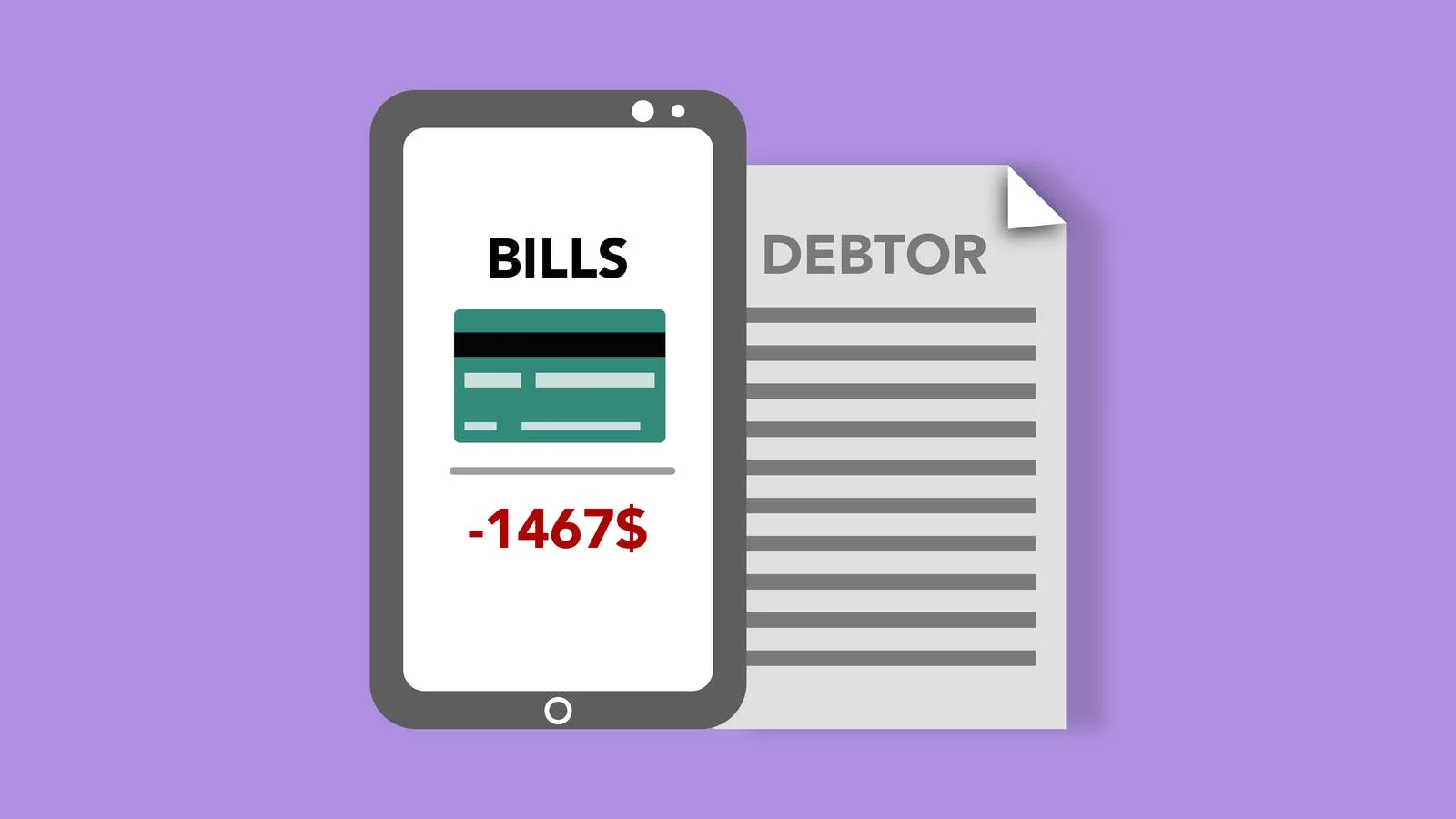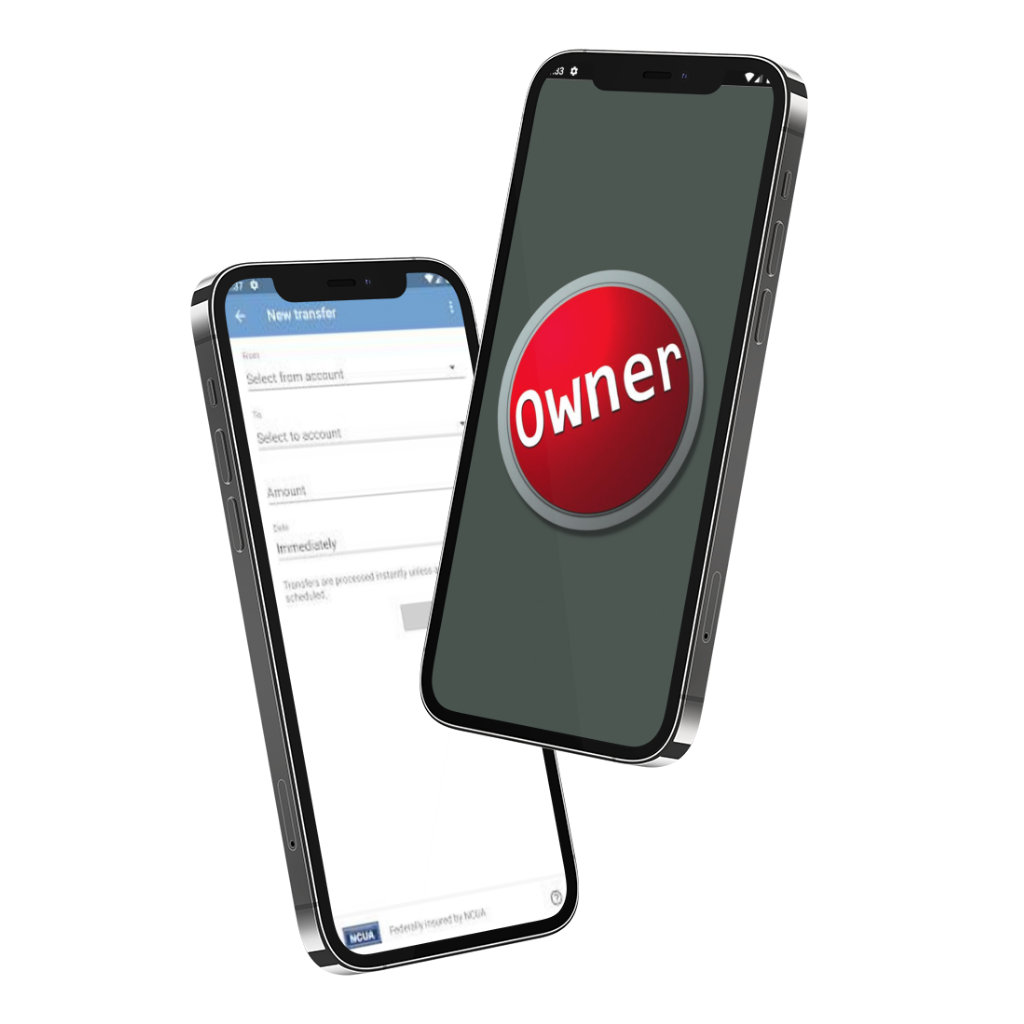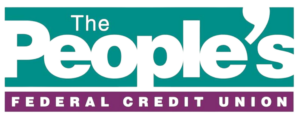Credit cards can be a great financial tool when they are used correctly to help build your credit. However, they can equally become problematic if you overspend, do not make payments on time, or continually carry a balance at a high interest rate.
Whether you recently established new credit, are rebuilding bad credit, or simply looking for ways to reduce your credit card debt, take the time to establish your debt management plan by reviewing these suggestions and tips about revolving credit lines.
Managing Credit Card Payments
Let’s start with managing the credit card payments you may already have. How you pay your cards can have a big impact on your credit score and how quickly you pay off your credit card balances.
- Make monthly payments on time. Even if you can only afford the minimum amount due, it is better for your credit score to ensure they are paid on time every month. Plus, you avoid late payment fees and penalties.
- Try to pay more than the minimum amount due. If possible, try to pay more than the minimum payment. Remember, a portion of your monthly payment goes toward interest, so paying down the principal balance will take longer. If you are on a tight budget, try to pay the minimum due plus the monthly interest you were charged. This way, the full amount of the minimum due is going toward the principal.
- When making larger payments, pay high interest cards down first. If you are able to make larger monthly payments, pay the extra on the card with the highest interest first. Not only will this help pay the card off faster, but it will save you some money.
- When interest rates are equal, applying larger payments to newer accounts offers the advantage of keeping interest rates low and increasing your “average length of credit.”
Managing Lines of Credit
Should you apply for that pre-approved credit card or store credit card to get a discount or a free gift? Credit counseling experts advise that you open new lines of credit card debt and personal loans with a clear understanding how each one might impact your credit report.
- Look for credit cards with lower interest rates and balance transfer options. In many cases, it makes sense to use balance transfer credit cards to pay off higher rate lines of credit.
- Try to keep debt-to-income ratio below 35 percent. Credit card issuers look at your debt-to-income ratio and prefer when it is at or below 35 percent.
- Set personal spending limits. Manage your personal finances by not spending more than you would earn during the month, aside from unexpected emergencies.
- Keep paying your other bills on time. Cell phone and utility bills that are paid late or carry balances are having a negative impact on your credit score and may be carrying late fees or other charges that make them an expensive line of credit.
Managing Your Credit Score
Managing your credit card debt not only benefits your personal financial stability but helps you maintain a good credit score. Some credit card habits that will keep your credit report impressive to lenders include:
- Avoid closing accounts that are paid off. It is satisfying to pay off a credit card and tempting to close the account to avoid using it. However, closing an account after paying down your debt can negatively impact your credit score by reducing the length of your credit history. Instead, if keeping the card is too much of a temptation, cut it up, but keep the account open.
- Set your own credit limits at least 30 percent below the actual limits. For example, if the card has a $1,000 limit, your personal limit should be $700. Ideally, you should have credit available and keep your credit utilization ratio as low as possible. Maxing out your cards lowers your credit score and makes it difficult to be approved for new credit accounts.
- Limit applying for new credit accounts. Every time you apply for a new credit card, it generates a “hard pull” against your credit report. Having a recent history with many new credit checks implies risk to lenders and lowers your score.
- Check your credit report for errors. Have you been denied credit when you believe your credit score should be good? It might be time to request a credit report yourself to identify any fraudulent activities, debt settlements, or accounts opened in your name.
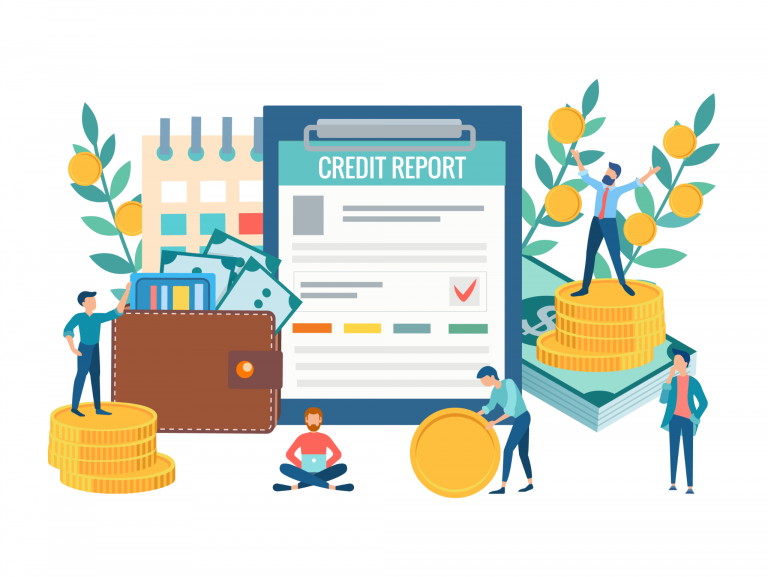
Partner with a Financial Institution You Can Trust
No matter how many offers you receive online or in the mail, it matters where you open a new credit card account. Getting a MasterCard from The People’s Federal Credit Union (TPFCU) will eliminate hidden fees and predatory credit practices from your life.
Our members in the Amarillo, TX area enjoy low interest rates and no overlimit, transfer, cash advance, or annual fees on their TPFCU Mastercard. To learn more about our available credit programs and discuss rates with a financial institution that promotes your responsible use of credit, stop by one of our credit union locations or call The People’s Federal Credit Union at 806-359-8571.
